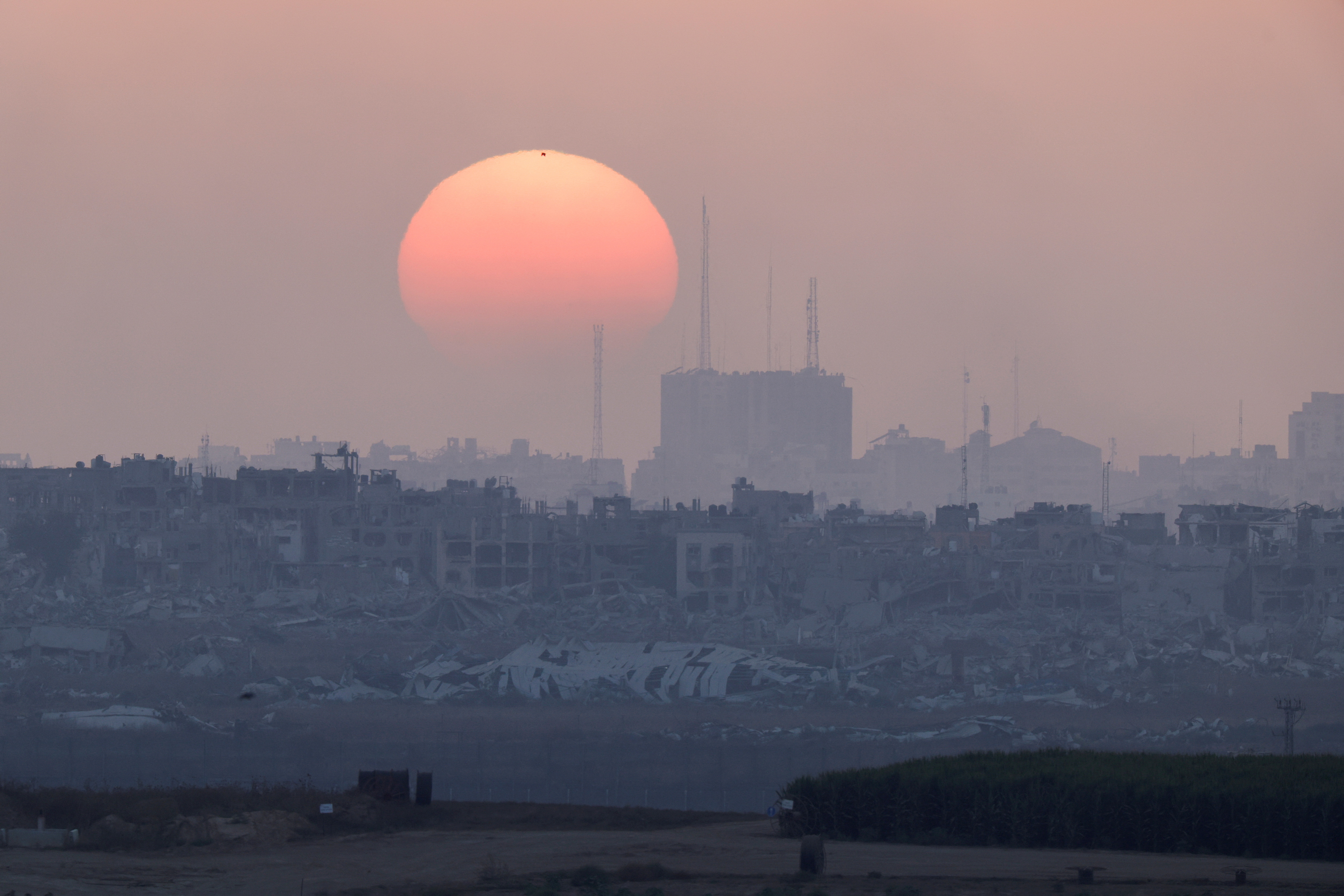
Israel sent a delegation to discuss a hostage-release agreement with Hamas
A government official stated on Thursday that Israel had sent a delegation to negotiate a hostage release agreement with Hamas. This came as Prime Minister Benjamin Netanyahu was getting ready to call his security council to consider fresh Hamas stances on an agreement.
According to a source in his office, Netanyahu will confer with his team tasked with negotiating a truce before the cabinet meets on Thursday night. According to a person with knowledge of the situation, U.S. President Joe Biden, who has been trying for months to mediate a ceasefire, will also meet with Netanyahu on Thursday.
The official, who did not disclose the delegation’s destination, stated that “Prime Minister Netanyahu reiterated that the war would end only after all its objectives have been achieved and not a moment before.”
Previous attempts to terminate the over nine-month dispute were mediated by Qatar and Egypt, with negotiations taking place in both countries.
The Palestinian enclave would see a truce and the release of approximately 120 hostages, as part of Biden’s proposal that was made public at the end of May. Israel received Hamas’ answer to this request on Wednesday.
According to a Palestinian official close to the mediation effort, Hamas, the terrorist organization in charge of Gaza, has demonstrated flexibility on a few points, making it possible to establish a framework deal with Israel’s approval.
Requests for comments were not immediately answered by two Hamas officials. According to Hamas, a solution must bring an end to the conflict and result in an Israeli departure from Gaza. Israel insists that until Hamas is destroyed, it will only accept brief cessations of hostilities.
According to the plan, Palestinian detainees will be released, Israeli hostages who are still being held in Gaza will be gradually freed, and Israeli soldiers will retreat over the course of the first two phases. The final stage is returning the dead hostages’ bodies and rebuilding the area devastated by the conflict.
“ENOUGH IS ENOUGH”
Palestinians in Gaza responded cautiously in anticipation of Israel’s next move.
“We are tired and can’t handle any more setbacks and disappointments. We hope that this is the end of the war,” expressed Youssef, a father of two who is currently displaced in Khan Younis, which is located in the southern part of the enclave.
“We have had enough of this conflict; more people are dying and more homes are being destroyed every hour. I say this to the world, Israel, and my leaders,” he said to Reuters over a messaging app.
Gaza’s health ministry announced on Thursday that 87,445 Palestinians had been wounded and that the dead toll from the nearly nine months of fighting had surpassed 38,000. In its statistics, the health ministry does not differentiate between fighters and civilians.
According to Israeli counts, the conflict in Gaza started on October 7 when militants headed by Hamas broke into southern Israel, killing 1,200 people and evacuating some 250 hostages back into Gaza.
Israeli strikes on Gaza City’s old quarter on Thursday killed a lady and injured several others, according to medics, while another strike on a school in Gaza City resulted in five Palestinian deaths and numerous injuries, according to the Civil Emergency Service.
According to the Israeli military, it has been working to weaken Hamas’s leadership and armed forces. It declared that it was following international law and taking reasonable measures to reduce the number of civilian casualties.
Following the army’s Tuesday evacuation orders, Israeli tanks blasted a number of locations on Khan Younis’ eastern side. However, residents said that the tanks did not enter those neighborhoods.
IN SEARCH OF SHELTER
Following the evacuation order, which also applied to the border city of Rafah and was described by the UN as the greatest of its kind since 1.1 million people were ordered to leave the enclave’s northern region in October, many Palestinians remained in search of shelter on Thursday.
Many families, according to Khan Younis inhabitants, slept on the road because they were unable to find tents.
Health officials reported that several Palestinians, including children, were killed and dozens were injured after Israeli tanks and planes struck several locations in the northern Gaza towns of Shejaia, Sabra, Daraj, and Tuffah.
Numerous militants were reportedly killed by Israeli armed forces and planes in those locations as well as in Rafah, southern Gaza, which Israel has identified as Hamas’ final stronghold.
According to Israeli officials, the fierce combat against Hamas is coming to an end, and more focused operations will shortly begin.
But even after months of hostilities, Hamas maintains that it has the weapons necessary to retaliate. The armed wing of Hamas announced on Thursday that it had fired missiles towards the Israeli operations command center, which is located east of Gaza City.
The organization said, without specifying whether the Apache chopper was struck, that its fighters had fired an anti-aircraft missile from the Soviet Union over the Shejaia district east of Gaza City.
Israel remained silent about the allegations.
Most of the enclave’s medical facilities have been destroyed by the fighting, and this has resulted in a humanitarian crisis.
The only major hospital in Gaza still in operation, the Nasser Medical Complex in Khan Younis, has generators that will run out of gasoline in a matter of hours, according to the health ministry of Gaza, which has made a plea to international humanitarian organizations for assistance in securing new supplies.
All Categories
Recent Posts
Tags
+13162306000
zoneyetu@yahoo.com



